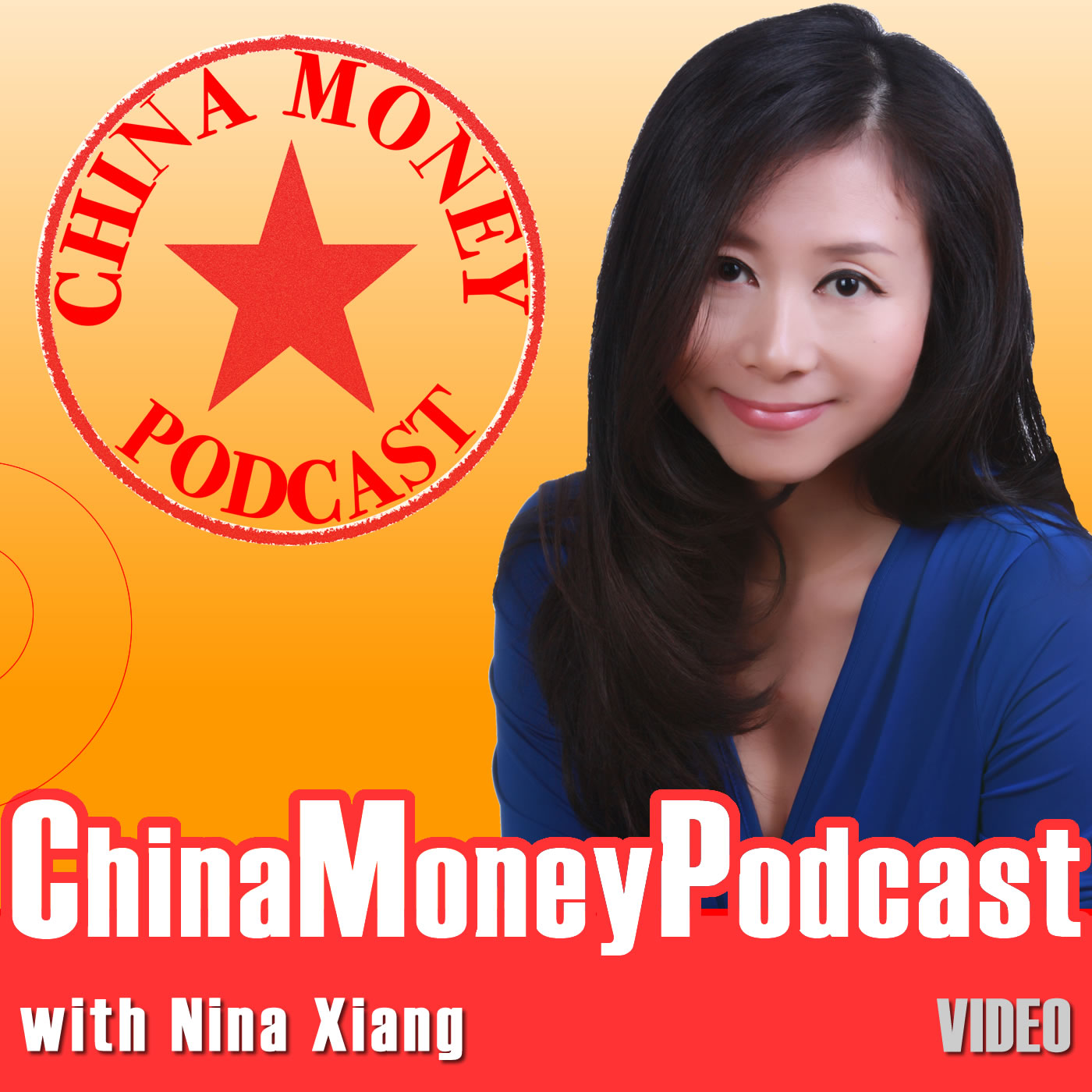Tristen Langley: Start-ups Within Chinese Internet Companies Generate Great Value

http://www.youtube.com/watch?v=e__tu2rWRew In this episode of China Money Podcast, co-founder of Amalfi Capital, Tristen Langley, talks with our host, Nina Xiang, on Alibaba Group's US$586 million acquisition of an 18% stake of Sina's Weibo, her investment firm's winning and losing bets, and the future challenges facing China's e-commerce industry. Listen to the full-interview in the audio podcast, watch the shortened video version or read an excerpt below. Q: Alibaba Group just bought 18% of Sina's Weibo for US$586 million, valuing the Chinese twitter-like site at US$3 billion. Do you think it's a fair valuation? A: Weibo has almost 500 million users, and is still growing. Compared to Twitter and other U.S. comparable, the valuation is probably modest. But this is a very strategic alliance. So a lot of the valuation is driven by Alibaba's motivation to leverage Weibo's audience. It's estimated that 14% of Weibo's traffic is being pushed onto Alibaba's Taobao site. That sort of potential synergy makes the valuation very reasonable for Alibaba. Q: Sina expects that the new strategic alliance will generate US$380 million in extra revenue over the next 3 years. Do you think users' habits will be changed? A: Any group who communicates on a free platform and doesn't expect to be marketed to can be disengaged (when there is an effort to sell products to them). But by this alliance, Taobao has an opportunity to innovate around product discovery (among Chinese consumers). I think the ways consumers become aware of products still haven't been fully explored in China. Another thing is, Alibaba has a lot of cash. I did a quick tally of Tencent, Netease, Baidu, Focus Media, Qihu, Sina and Alibaba, there are all together US$13 billion of cash sitting on their balance sheet. Q: Where do you see as some good new venues for these companies to invest the cash? A: We've seen (misjudgment) over time. Netease, for example, was putting their cash towards pig farms in 2010. Thank goodness that Netease is now looking to develop their own content and games. So I think the cash should go into their own innovations. It's estimated that about 18% of the options from 2010 to 2012 were given to Weibo's management team as an incentive to create value in essentially a start-up within a big public company. Tencent has proven that this kind of investment (into start-ups within a big company) can have a clear internal rate of return (IRR) and be extremely advantageous. Q: Alibaba is facing competition on all fronts. How do you see China's e-commerce industry's competitive landscape evolving in the next few years? A: The offline and online worlds are going to meet in ways that present unprecedented challenges. For example, Suning Appliance bought Redbaby, an online e-commerce site for baby goods and now expanded to other products. Redbaby started from catalog services, developed into online e-commerce, to telephone ordering. This merger with Suning will present extreme challenges just integrating the back-end systems. But Alibaba and Taobao are still well ahead of the game. It's up for others to catch up, form alliances to take on the gorilla in the room. Q: Tell us some background on Amalfi Capital that you co-founded? A: Amalfi Capital is a global technology investment fund with a long-short equity strategy. Co-founder, Paul Waide, and myself founded the firm in 2010. We interview around 500 entrepreneurs, engineers and CEOs from around the world every year. We build this thematic approach to profile about 50 companies from that group. Then we choose about 20 to 30 companies that we invest in. Our portfolio has a 60% to 80% exposure in China. Q: When you were working at venture capital firm, DFJ (Draper Fisher Jurvetson), you led its investment in Skype. What was the most difficult judgment you had to make at that time? A: Back in 2003 when Skype was launched, Voice-over-IP was nothing new.